Blog
Page 10 of 152
5 Steps to Performing a Cybersecurity Risk Assessment
5 Steps to Performing a Cybersecurity Risk Assessment A strong cybersecurity program starts with a clear threat intelligence and risk assessment process. Every organization faces different threats, which is why a tailored cyber risk assessment is essential to identify vulnerabilities, prioritize risk mitigation, and strengthen your cybersecurity posture. In this guide, we’ll walk through the […]
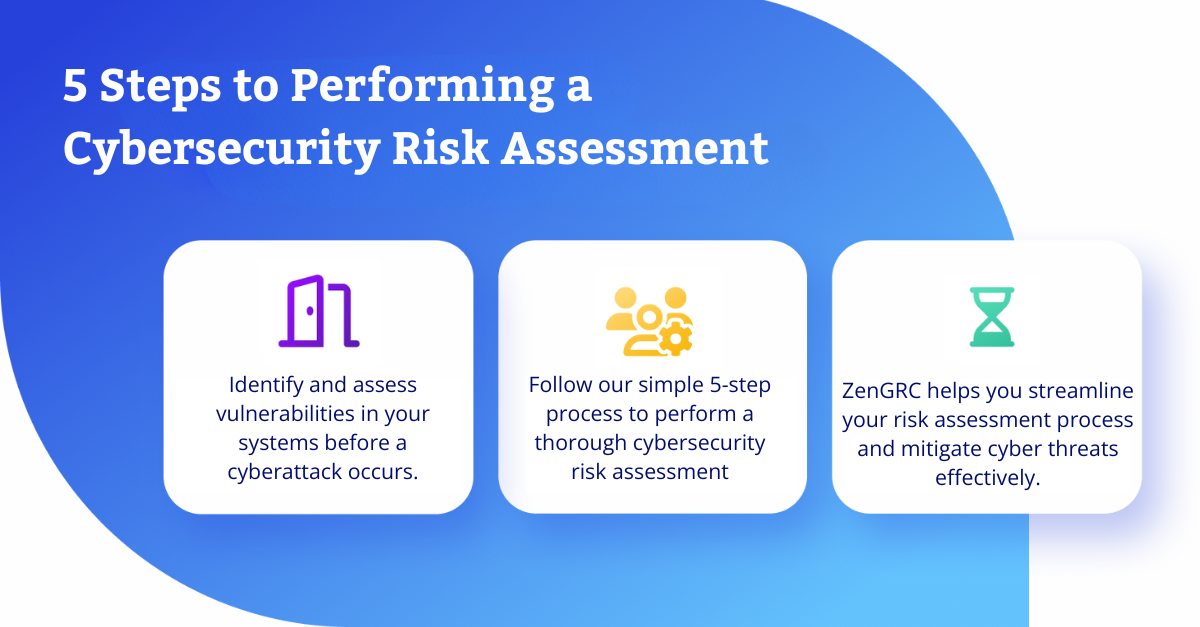
Tags: Cybersecurity
August 30, 2024
Audit Log Best Practices For Information Security
Audit logs are essential for ensuring the security of an organization’s information systems. They track all events that occur within a system, including log-on attempts, file access, network connection, and other crucial operations. But, without proper management, audit logs are mostly a wasted opportunity – nothing more than scraps of data whose importance and potential […]
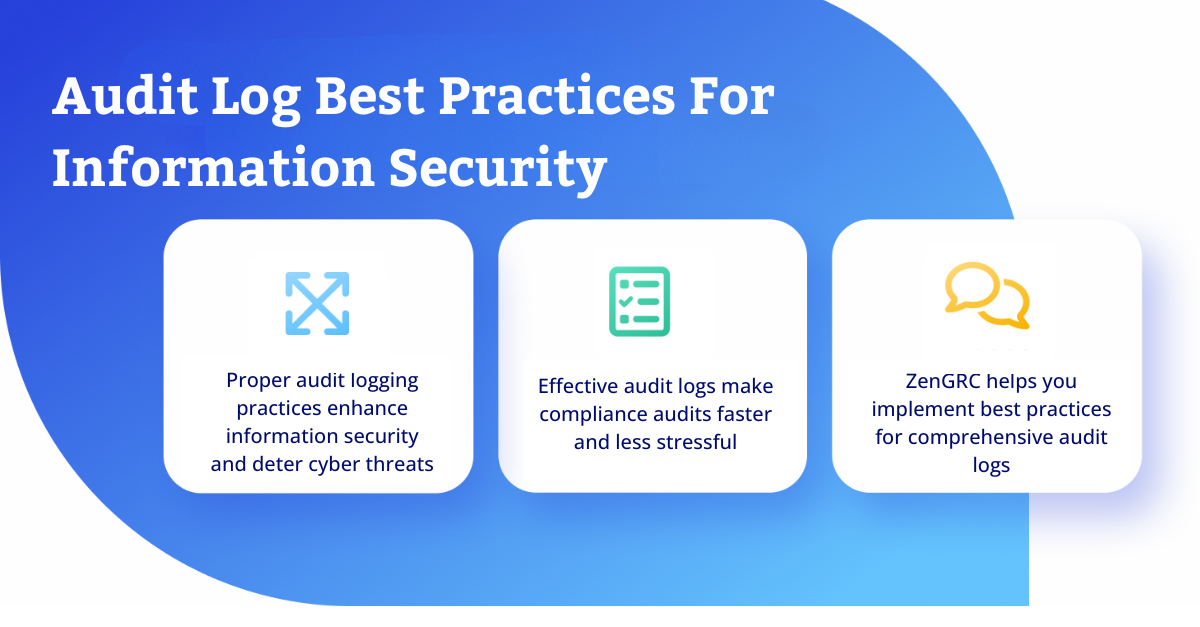
Tags: Audit Management
Positive Risk vs. Negative Risk in Enterprise Risk Management
Businesses face risk all the time – and that’s OK. Even though the word “risk” typically has negative connotations, the term can actually represent many situations, not all of them unfavorable. ISO 31000 states that risk is the “effect of uncertainty on objectives.” That actually means risk can come in two types: positive and negative. […]
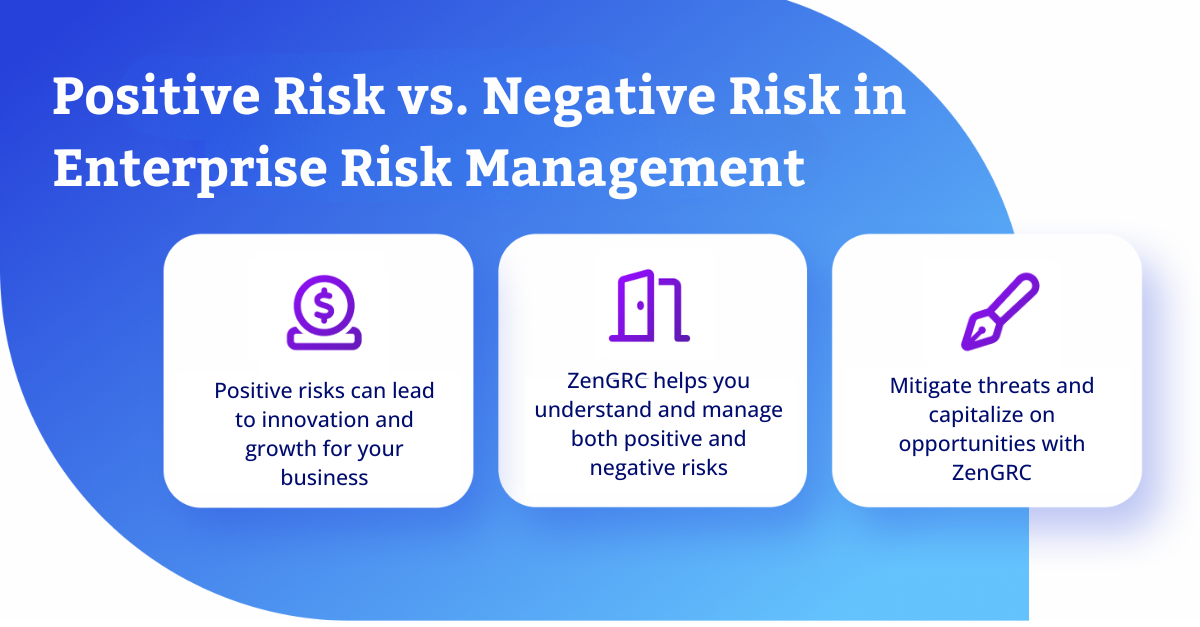
Tags: Risk Management
9 Common Types of Security Incidents and How to Handle Them
Cybersecurity is one of the top concerns for organizations. In recent years, and that’s not going to change any time soon – unless, if anything, cybersecurity becomes the top concern. So what can an organization do about the rise in cybersecurity incidents? In this article we’ll take a closer look at security incidents: what they are, the […]

Tags: Risk Management
What are the Principles of Information Security?
Information security is the effort companies undertake to protect their enterprise data information from security breaches. Without information security, an organization is vulnerable to phishing, malware, viruses, ransomware, and other attacks that may result in the theft, tampering, or deletion of confidential information. The average cost of a single incident can run $4.45 million. In addition […]
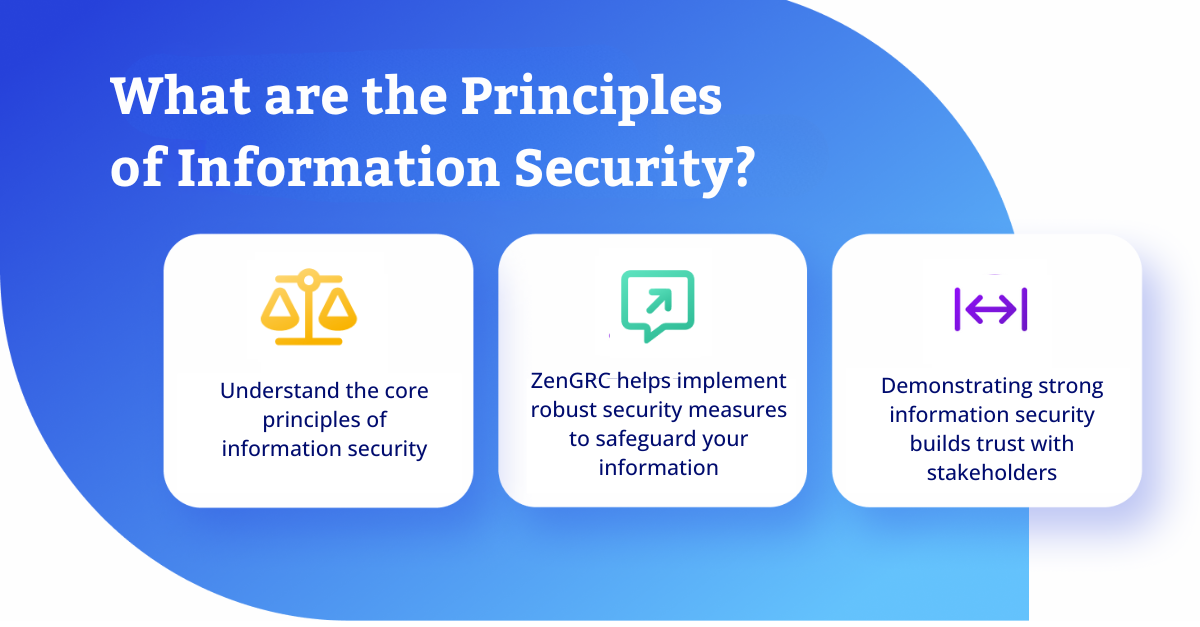
5 Best Practices for Risk Management
Risk management is the process of identifying, monitoring, and managing risks and their harm to a business. These risks can range from data loss, cyberattacks, and security breaches, to system failures and even natural disasters. Given the potential harm these risks can inflict on a business, security and cybersecurity teams must create and implement risk management […]
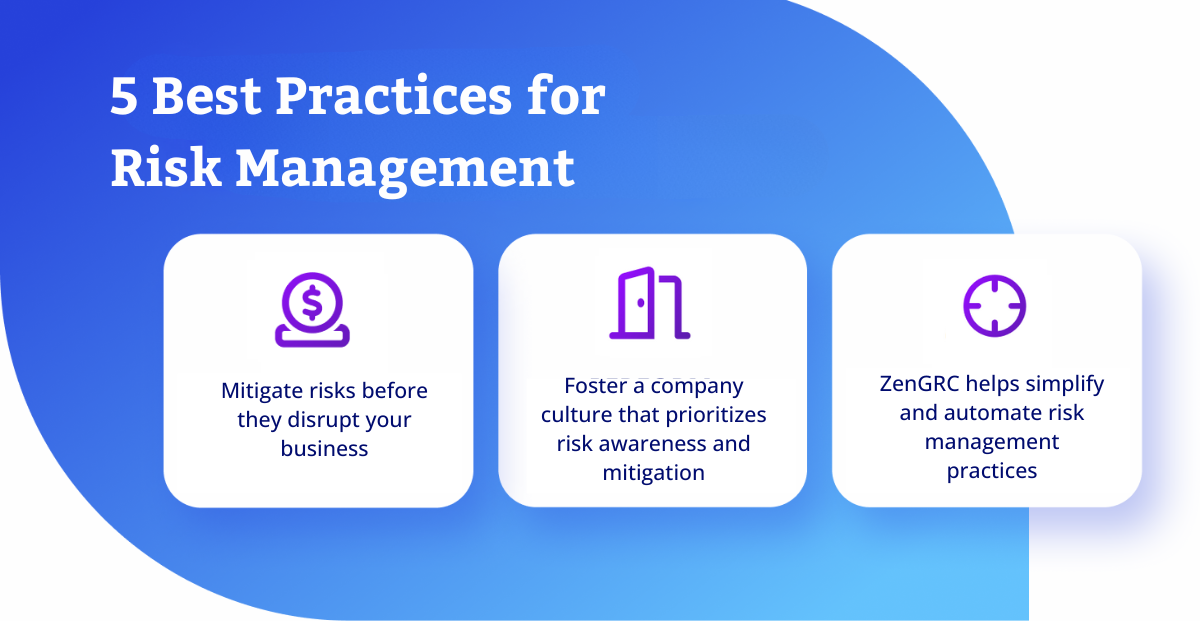
Tags: Risk Management
Important Internal Control Activities That Every Organization Should Implement
Every organization needs strong internal controls to ensure the integrity of financial statements, promote ethical values, and drive transparency across the enterprise. Internal controls are the mechanism to do those things; controls help identify risks and reduce them to an acceptable level. Vital processes supported by robust internal control systems allow an organization to comply consistently with all applicable […]
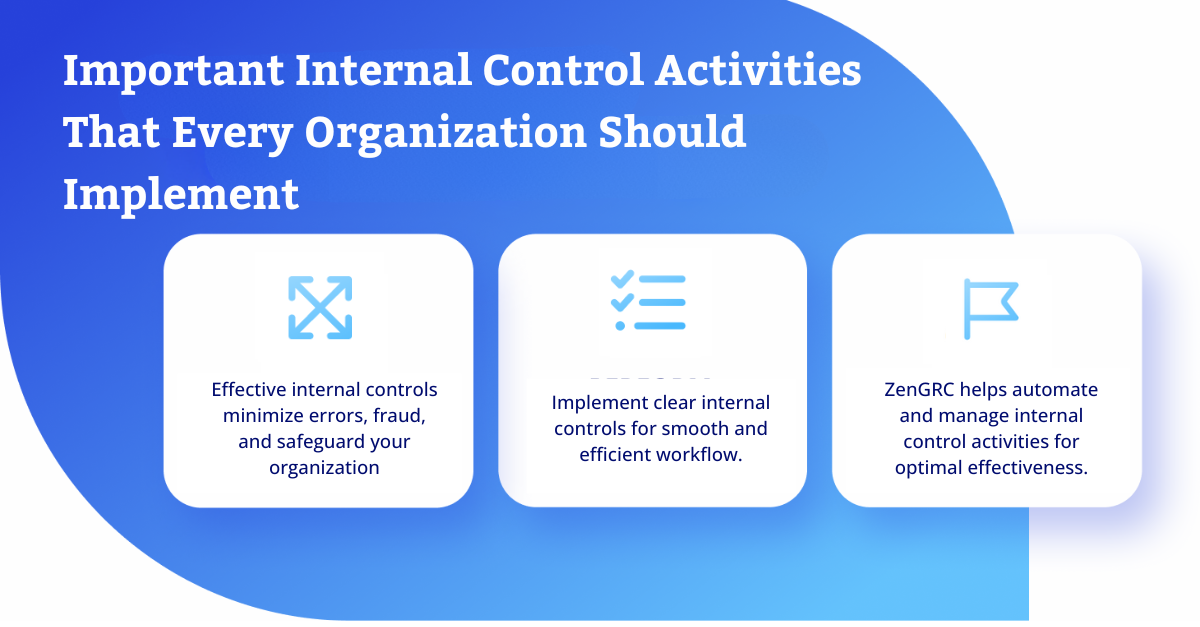
Tags: Audit Management
Here’s Why Regulatory Compliance is Important
You don’t have to jump through endless hoops to achieve regulatory compliance. By finding an easy way to comply with the right laws, regulations, and industry standards, regulatory compliance can offer several benefits for companies. Specific compliance requirements vary by industry and country. But in general, implementing regulatory compliance is a mandatory requirement for every sector and […]
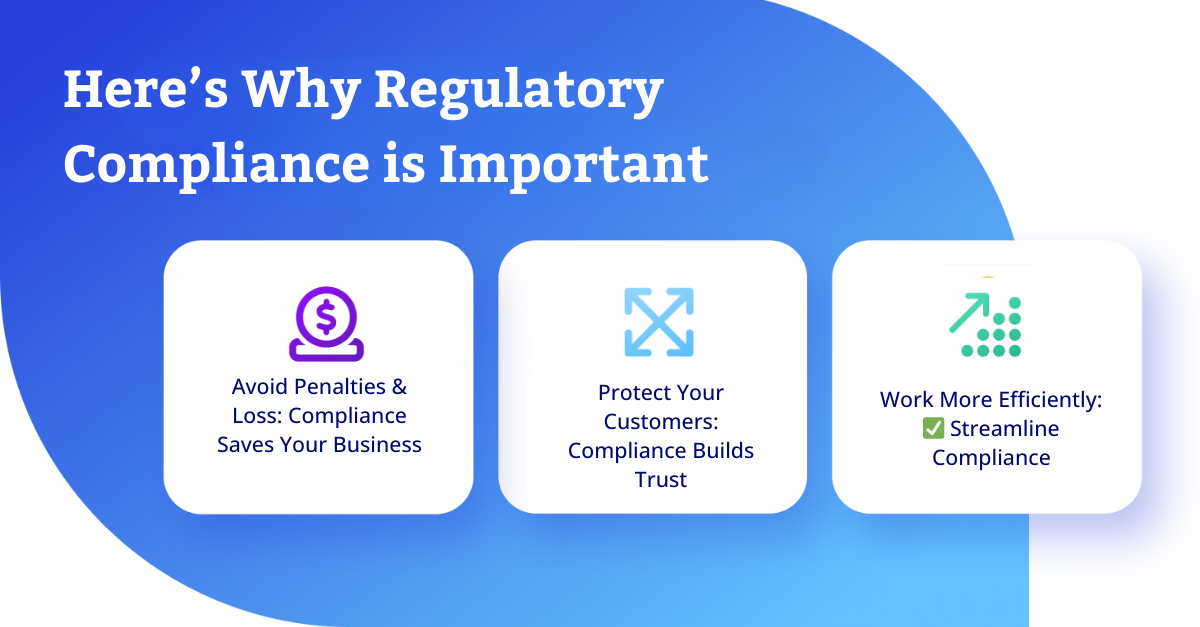
Tags: Audit Management
10 Common Types of Digital Risks
Organizations across all industries are becoming more reliant on digital technology to get the job done. In this era of digital transformation, technologies such as the Internet of Things (IoT), social media, Machine Learning (ML), big data analytics, Artificial Intelligence (AI), and Augmented Reality (AR) exist to help organizations realize their strategic business objectives. Ultimately, […]
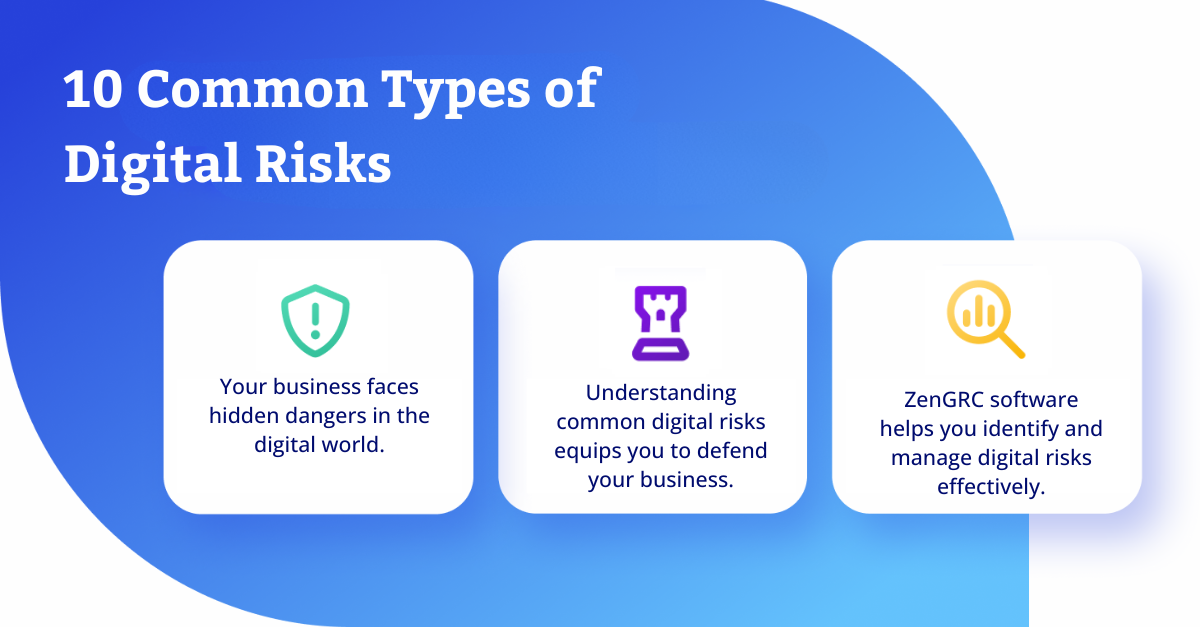
Tags: Risk Management
Risk Control & Risk Management: What’s the Difference?
Risk Control & Risk Management: What’s the Difference? Risk control and risk management are both important for dealing with risk in any organization. Knowing the difference between them helps with identifying vulnerabilities, monitoring risks, and making informed decisions about managing risk effectively. In this article, we’ll explore the distinctions between risk control and risk management […]
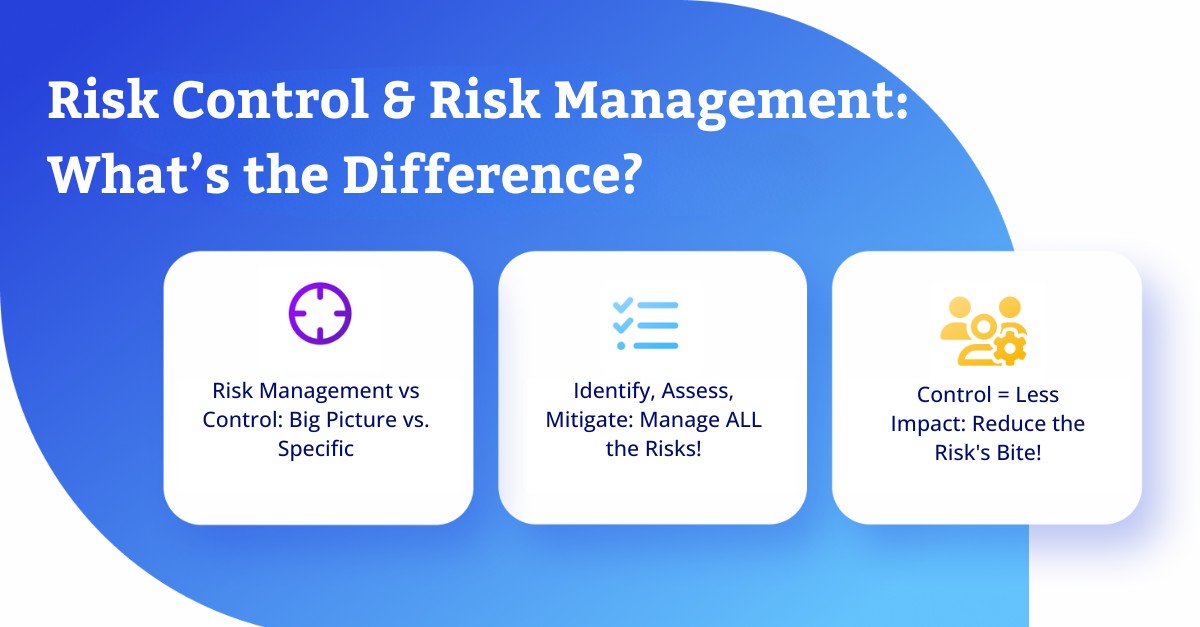
Page 10 of 152
